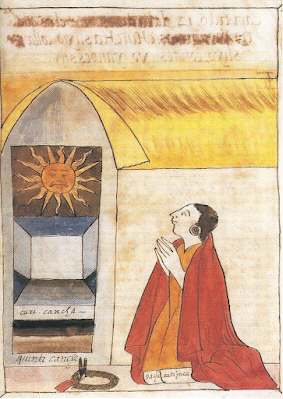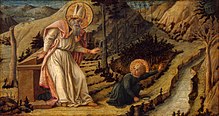"As Grove puts it, cybernetics transforms an Enlightenment notion of objects in nature as discrete indexes of ‘universally valid objective truths’ and predictable rational order into the idea of things with mere situational relevance and recombinant functionality (Grove 2018: 135).16 Put differently, the modern quest for an empirically substantiated truth and predictable routine in the world is displaced by an understanding that things can be rearranged in an infinite number of ways into provisionally stable systems given to further optimization through feedback management. Accordingly, a pre-cybernetics impetus for control over the world through predictive knowledge and absolute ordering, which Grove calls a ‘will to control’, gives way to a post-cybernetics ‘will to design’ that promotes a ‘process of learning about and managing feedback-driven relations between various entities that make up complex social and ecological systems’ given to recombinant design (Grove 2018: 134–135). As the manifestation of the will to design, resilience thinking aims merely to synthesize a provisional working reality from existing conditions; its goals are strictly instrumental and short-term accommodations rather than interventions into the truths that structure underlying world views. Resilience thinking is thus about accommodating and adjusting, rather than transforming. Or, as Grove writes, resilient design aims to ‘improve the present rather than destabilize and reinvent the world’ (Grove 2018: 22).
Grove’s thesis extends far beyond questions of infrastructure design. It is also, in part, a critique of current trends in institutional knowledge production. He views the latter as promoting the synthesis of existing forms of knowledge toward provisional resolutions of conflict (a mere tweaking of systems) in place of genealogical inquiries aimed at unraveling discursive truths and generating truly transformative approaches to knowledge and practice. This critique speaks to the recent trend among universities in the US of promoting the creation of all kinds of centers for interdisciplinary synthesis at the expense of continued support of and investment in the work of discursive analysis within the conventional disciplines, and it reflects current attempts to deal with climate change through technological tweaks rather than serious interventions that could lead to a different way of life.
Insofar as Grove’s explication of a ‘will to truth’ and ‘will to design’ maps onto the logics of Disaster Prevention (bōsai) and Disaster Reduction (gensai) respectively, his schematization of a shift does not align with the resilient design logic of fortress-ification. What we see in the latter, I argue, is a kind of synthesis of truth and control—an attempt to deal with complexity itself as a truth to be managed. We might call this synthesis between truth and control a ‘will to cope’. A will to cope does not discard the modern quest for truth that Grove assigns to a will to truth. Rather, it accepts complexity as the new general truth concerning the condition of the environment while falling back on the desire to reproduce a predictable order through a synthesis of conventional and novel cutting-edge technologies for environmental management. At the same time, a will to cope takes up the provisional ethos of a will to design. To cope is to adapt enough in order to deal with a situation in a competent enough way so as to survive and carry on. To cope does not, however, imply engaging and changing the underlying conditions that made coping necessary in the first place. Coping is thus more about accepting, dealing with, and managing a given situation in a temporary way. It amounts to an attempt at adaptation in the absence of a will to transform. Fortress-ification, I suggest, exemplifies a will to cope in its concrete evocation of resilience behind walls.
- Japan’s Extreme Infrastructure: Fortress-ification, Resilience, and Extreme Nature. Michael Fisch
Cybernetics does not replace scientific inquiry into the nature of nature or its laws. Scientific research continues to seek regularities, causal mechanisms, and generalisable explanations, even where these laws are probabilistic, contingent, or non-deterministic, as in quantum physics or complex systems theory. What cybernetics displaces is not science itself, but the Enlightenment assumption that governance, control, and action must be grounded in stable, universal truths about the world. Rather than requiring a correct representation of reality before acting, cybernetic systems operate by tracking behaviour, responding to contingency, and continuously adjusting through feedback. In this shift, truth becomes operational rather than ontological: systems do not need to know what things essentially are, only how they behave under certain conditions and how outcomes can be optimised. As a result, governance increasingly proceeds without understanding in the classical sense, tolerating uncertainty, error, and instability. While science continues to pursue knowledge of nature’s laws, architecture, infrastructure, and political systems increasingly function cybernetically, privileging modulation, optimisation, and control over representation, meaning, or form.












